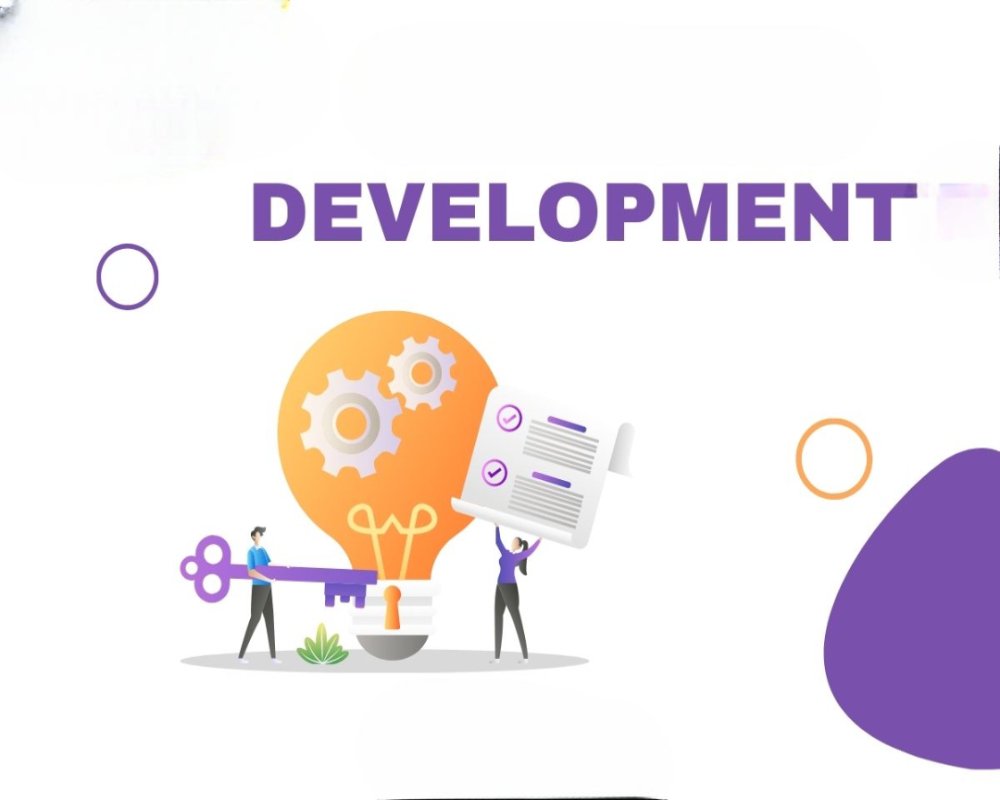1. Typical Development Timelines
Recent data indicates that the average completion time for large residential projects (500+ units) in India’s top seven cities has decreased to approximately 4.9 years, down from 6.1 years in the previous decade.
In Chennai, developers have demonstrated the shortest average completion times, with large projects completing in about 3.6 years.
2. Key Phases of Development
A real estate project typically progresses through several stages:
- Pre-Development (6–12 months): Involves land acquisition, feasibility studies, securing financing, and obtaining necessary approvals.
- Design and Planning (4–8 months): Entails architectural design, engineering plans, and detailed project scheduling.
- Construction (18–36 months): Covers site preparation, building construction, and infrastructure development.
- Post-Construction (3–6 months): Includes inspections, obtaining occupancy certificates, and finalizing sales or leases.
The duration of each phase can vary depending on project specifics and local conditions.
3. Factors Influencing Project Duration
Several elements can impact the overall timeline of a development project:
- Regulatory Approvals: Delays in obtaining permits and clearances can extend the pre-development phase.
- Construction Challenges: Unforeseen issues like labor shortages, supply chain disruptions, or adverse weather can slow progress.
- Financial Constraints: Funding delays or budget overruns may halt or prolong construction activities.
- Market Dynamics: Shifts in demand or economic conditions can influence the pace of sales and project completion.
Proactive planning and efficient project management are essential to mitigate these risks and adhere to projected timelines.


